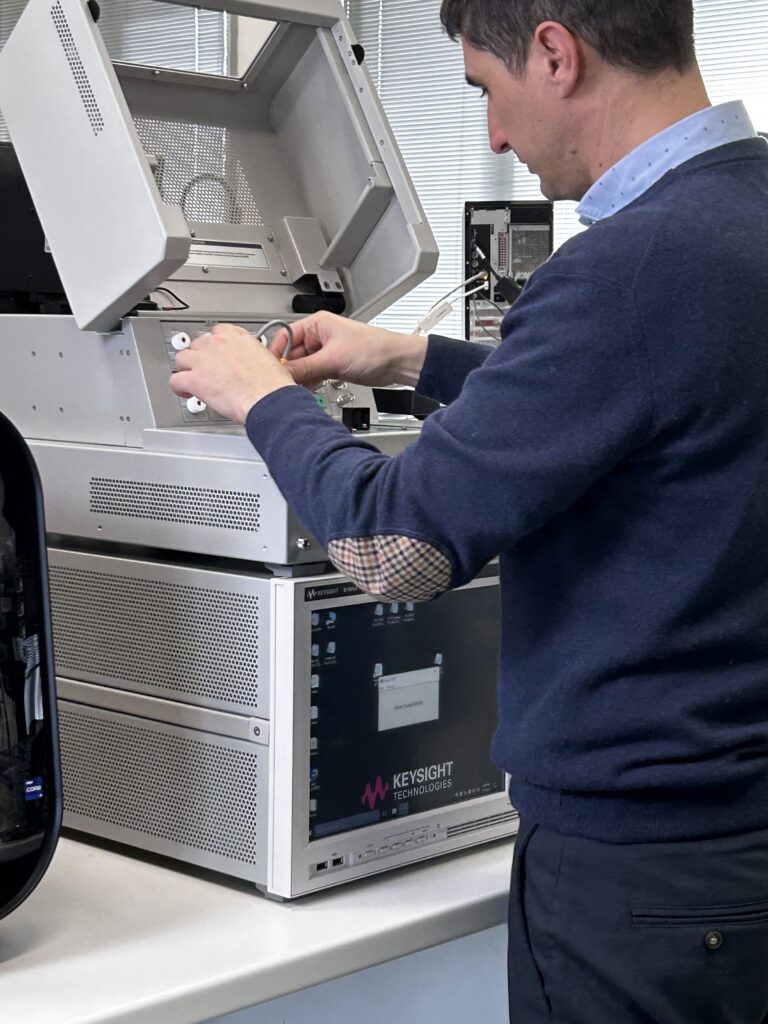The evolution of power electronics has been driven by advancements in silicon-based switching devices, such as bipolar junction transistors (BJTs), thyristors, field-effect transistors (FETs), and insulated gate bipolar transistors (IGBTs). Today, research is increasingly focused on new materials like silicon carbide (SiC), gallium arsenide (GaAs), and gallium nitride (GaN), which offer significant advantages over traditional silicon.
These wide bandgap semiconductors enable superior performance in terms of voltage rating, temperature tolerance, and switching speed, with high electron mobility transistors (HEMTs) potentially achieving GHz-level operation. Research activities in power semiconductor devices aim to address current technological challenges, including cost, reliability, and performance degradation.
This involves developing advanced test benches for innovative devices, facilitating comprehensive performance characterization, and conducting accelerated stress testing.
Such efforts are crucial in the early stages of device industrialization, helping to understand and optimize the limits of these emerging technologies and paving the way for the next generation of power switches in high-performance applications.
